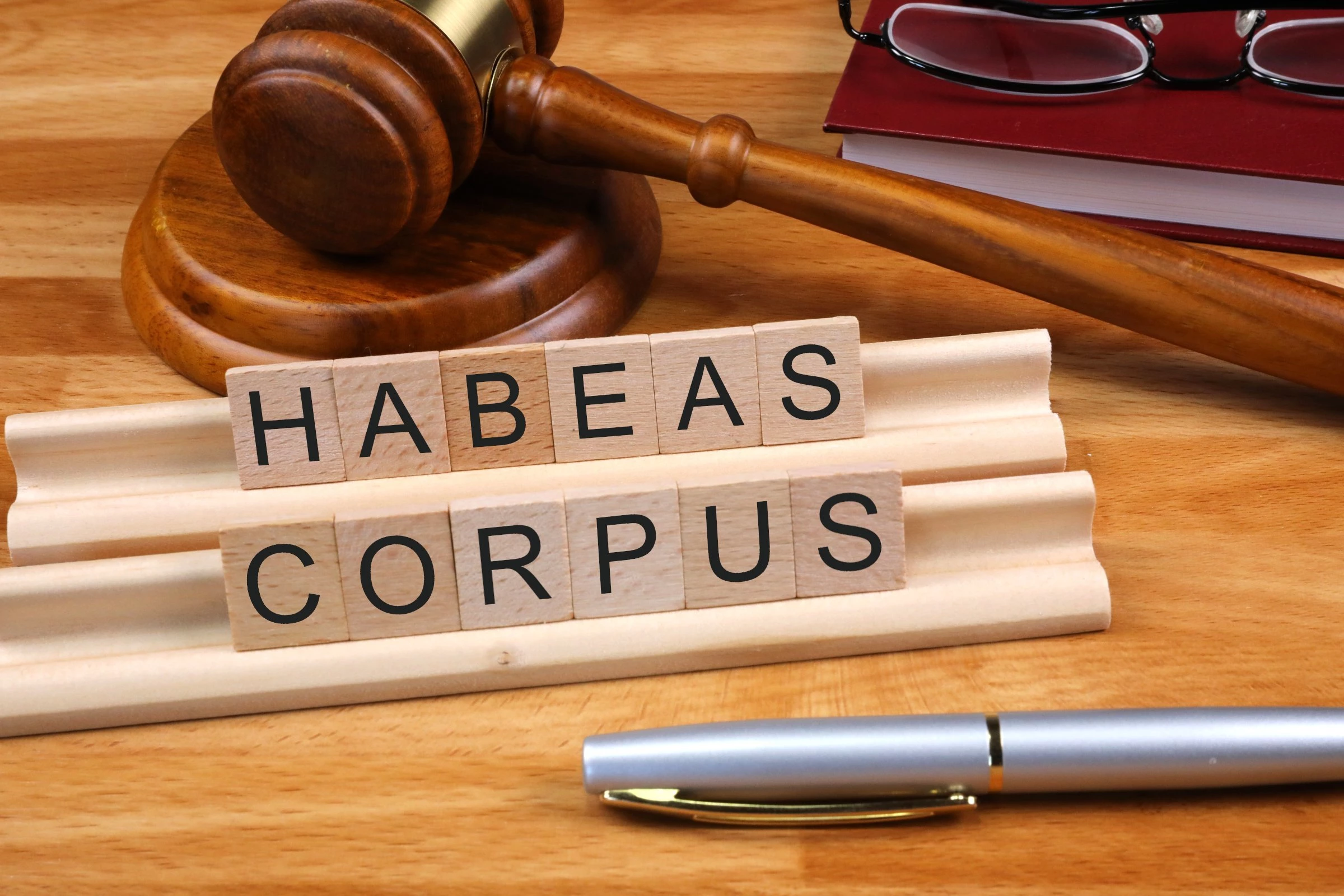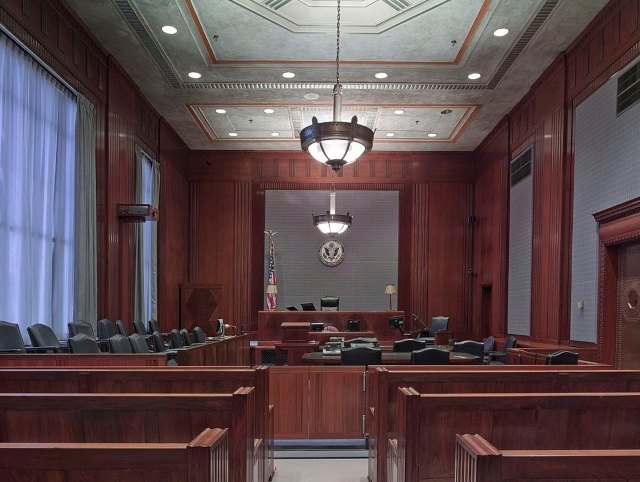Attorney's Guidance on Habeas Corpus and Your Lawful Defenses
Wiki Article
Comprehending the Function of a Post-Conviction Lawyer in Seeking Justice After a Criminal Conviction
In the complex landscape of post-conviction lawful proceedings, the function of a post-conviction lawyer is essential in browsing the path to justice after a criminal sentence. Beyond the boundaries of a trial, these attorneys take part in a multifaceted technique intended at uncovering new proof, challenging legal errors, and promoting for their customers' legal rights. The intricacies of post-conviction job require a mix of legal acumen, investigatory abilities, and calculated assuming to unwind the complexities of an instance and go after avenues that may have been overlooked or underexplored. As the pursuit of justice extends beyond the confines of initial process, the duty of a post-conviction lawyer arises as a beacon of wish for those looking for to remedy oppressions and reclaim their legal rights within the legal system.Post-Conviction Legal representative's Investigative Job
Post-conviction attorneys participate in meticulous investigatory job to discover new proof, step-by-step errors, or misconduct that can possibly lead to rescinding a conviction. This investigatory phase is vital in the post-conviction process as it aims to determine any overlooked details or legal mistakes that might have influenced the end result of the first test. Post-conviction attorneys look into instance files, witness testaments, and lawful paperwork with a fine-tooth comb, looking for any kind of inconsistencies or abnormalities that might be grounds for charm.
Through extensive investigation, post-conviction lawyers intend to drop light on prospective oppressions that might have happened throughout the initial trial. By inspecting every facet of the lawful process, post-conviction attorneys work tirelessly to reveal any aspects that might have influenced the decision.
Crafting Appeals and Petitions
In the quest of justice after a sentence, knowledgeable attorneys diligently craft appeals and requests to existing engaging disagreements for the reconsideration of legal choices. Crafting allures and applications requires a deep understanding of the legal system, attention to information, and critical reasoning. Post-conviction lawyers assess test documents, determine possible mistakes or offenses of rights, and create legal disagreements to test the sentence or sentence.When crafting a charm, lawyers concentrate on highlighting legal errors that might have affected the end result of the case. They investigate instance legislation, statutes, and legal criteria to support their disagreements. Applications, on the other hand, may entail offering brand-new proof that was not offered during the trial or showing modifications in the law that require a testimonial of the conviction.
Moreover, post-conviction attorneys have to follow strict procedural policies and target dates when filing allures and requests. They should offer their debates clearly and persuasively to persuade the court to grant alleviation to their clients. With thorough crafting of allures and petitions, post-conviction legal representatives make every effort to safeguard justice for people who have been wrongfully founded guilty or unfairly sentenced.

Pursuing Post-Conviction Alleviation
Seeking alleviation after a conviction requires a tactical and thorough method by seasoned lawyers. Post-conviction relief encompasses a variety of lawful systems designed to challenge the legitimacy of a sentence or sentence (alabama federal habeas attorneys). These avenues include filing motions for a new test, pursuing allures, looking for writs of habeas corpus, and presenting freshly found proof. Post-conviction legal representatives play a crucial duty in navigating these complicated treatments, making certain that all lawful alternatives are checked out to correct injustices that may have occurred during the test or sentencing phase.One typical type of post-conviction alleviation is filing a petition for post-conviction relief, typically based upon cases of inadequate support of counsel, prosecutorial transgression, freshly found proof, or constitutional offenses. These applications need a complete evaluation of the trial document, lawful study, and influential advocacy to encourage the court to grant alleviation. Experienced post-conviction legal representatives have the abilities and expertise necessary to determine feasible legal claims, perform investigations, and present engaging debates to protect relief for their customers. By faithfully going after post-conviction alleviation, these lawful professionals make every effort to deal with miscarriages of justice and support the concepts of justness and due process in the criminal justice system (Attorney).
Using Forensic Proof
When testing a sentence or sentence, the strategic utilization of forensic evidence can be an effective tool in post-conviction lawful proceedings. Forensic proof includes a vast array of clinical methods made use of to investigate criminal offenses and establish facts in court. Post-conviction attorneys can leverage forensic evidence to challenge the legitimacy of sentences by providing new scientific findings that were not offered throughout the original test.
Involving in Sentence Alterations
Post-conviction legal representatives may explore the opportunity of sentence adjustments as a lawful avenue to resolve out of proportion or unjust sentences bied far in criminal instances. Sentence modifications involve seeking modifications to the regards to a defendant's sentence after a sentence has actually occurred. These modifications can consist of lowering the length of a sentence, modifying the kind of punishment enforced, or he has a good point discovering alternate sentencing alternatives.Post-conviction lawyers can pursue sentence alterations through various lawful systems, such as submitting movements for sentence reduction, appealing for thoughtful release, or bargaining appeal bargains for minimized sentences. They should thoroughly evaluate the circumstances of the situation, analyze the lawful grounds for looking for an adjustment, and existing compelling debates to the court sustaining the demand for a modified sentence.
Taking part in sentence alterations calls for a complete understanding of criminal law, sentencing standards, and the certain procedures associated with looking for post-conviction alleviation. Post-conviction legal representatives play an important function in advocating for reasonable and simply results by challenging sentences that are unduly harsh or do not straighten with the concepts of justice.
Conclusion
Finally, the role of a post-conviction attorney is critical in seeking justice after a criminal conviction. Via investigatory job, crafting appeals and requests, going after post-conviction alleviation, making use of forensic evidence, and taking part in sentence adjustments, these attorneys play an essential duty in promoting for their clients and guaranteeing that their civil liberties are supported within the criminal justice system. Their dedication and experience are necessary in browsing the complexities of post-conviction proceedings and accomplishing a reasonable result for individuals facing criminal convictions.Report this wiki page